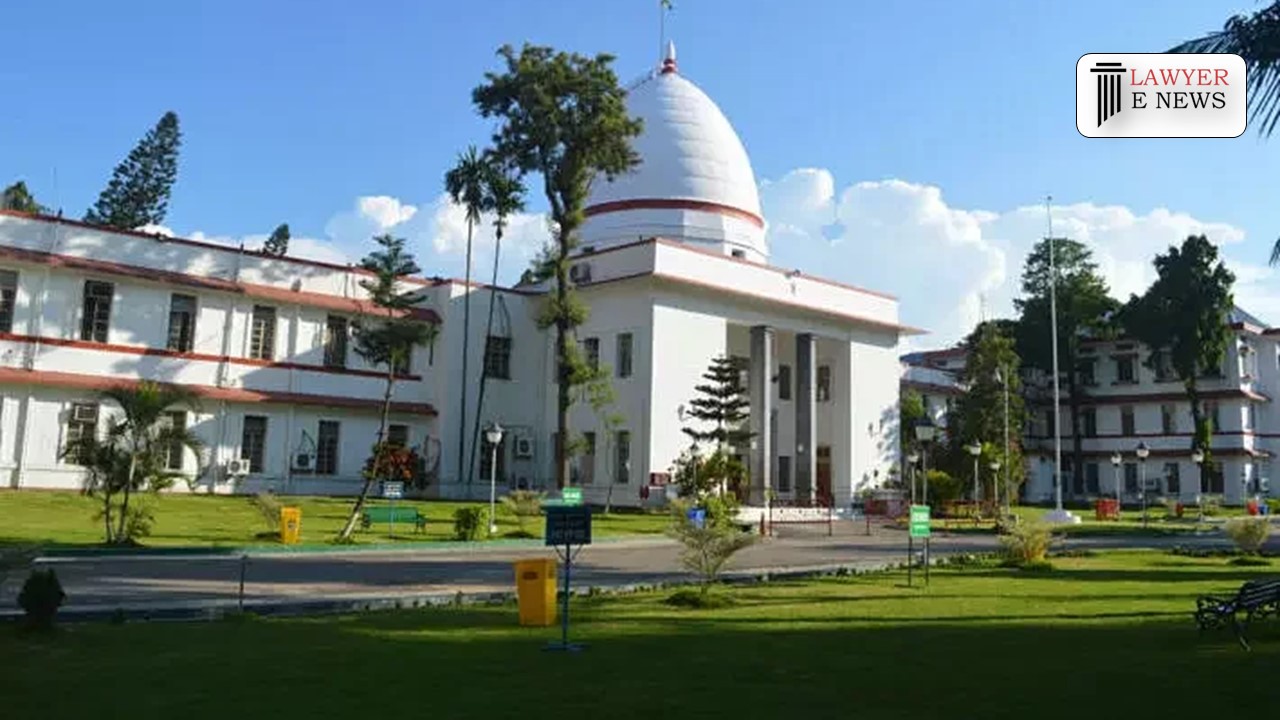-
by Admin
15 February 2026 5:35 AM



The Gauhati High Court has ruled in favor of Sona Miah in a significant case concerning the custodial death of his son, Rokibul Hussain. The bench, comprising Justices Manash Ranjan Pathak and Mitali Thakuria, directed the State of Assam to pay Rs. 3 Lakhs as compensation to the next of kin of the deceased. The court emphasized the necessity of a thorough enquiry into the incident and the accountability of police personnel in cases of custodial deaths.
The case revolves around the death of Rokibul Hussain, who was arrested while working as a truck driver transportingimber logs. Hussain was taken into custody on suspicion of illegal activities under the Assam Forest Regulation Act and later died on October 30, 2015, allegedly due to police torture while being transported from the court to the jail. Despite multiple complaints and applications for action, the respondent authorities failed to conduct a proper enquiry or provide compensation, leading to the filing of the writ petition under Article 226 of the Constitution of India.
Credibility of Post-Mortem Report: The court scrutinized the post-mortem report, which revealed injuries inconsistent with the narrative provided by the police. “The wounds found on the back and head of the deceased raise serious questions about the police’s account of an escape attempt,” noted the bench. This discrepancy led the court to suspect torture by police personnel.
Failure to Initiate Proper Enquiry: The court criticized the respondent authorities for not conducting a proper enquiry into the custodial death. Despite a complaint lodged by the deceased’s uncle and subsequent applications for action, no substantial steps were taken. The court stated, “The inaction on part of the respondent authorities is illegal, arbitrary, and violates fundamental rights.”
Referencing the Supreme Court’s decision in Re-Inhuman Conditions in 1382 Prisons vs. State of Assam (2017), the court underscored the necessity of compensating the next of kin for unnatural deaths in custody. “Human rights are universal and not dependent on the status of the person,” the court remarked, emphasizing that victims of custodial deaths deserve justice and compensation.
Justice Thakuria asserted, “The persons who suffer an unnatural death in a prison are victims, and their next of kin are entitled to compensation.” This statement reinforced the court’s stance on the state’s liability in ensuring justice for custodial deaths.
The Gauhati High Court’s decision marks a significant step towards accountability in custodial death cases. By mandating the payment of Rs. 3 Lakhs as compensation and ordering a proper verification process, the court has sent a strong message about the importance of human rights and the need for thorough investigations in such incidents. This judgment is expected to influence future cases, ensuring that the legal framework supports the victims’ families in their pursuit of justice.
Date of Decision: 21st May 2024
Sona Miah vs. The State of Assam and 3 Ors
